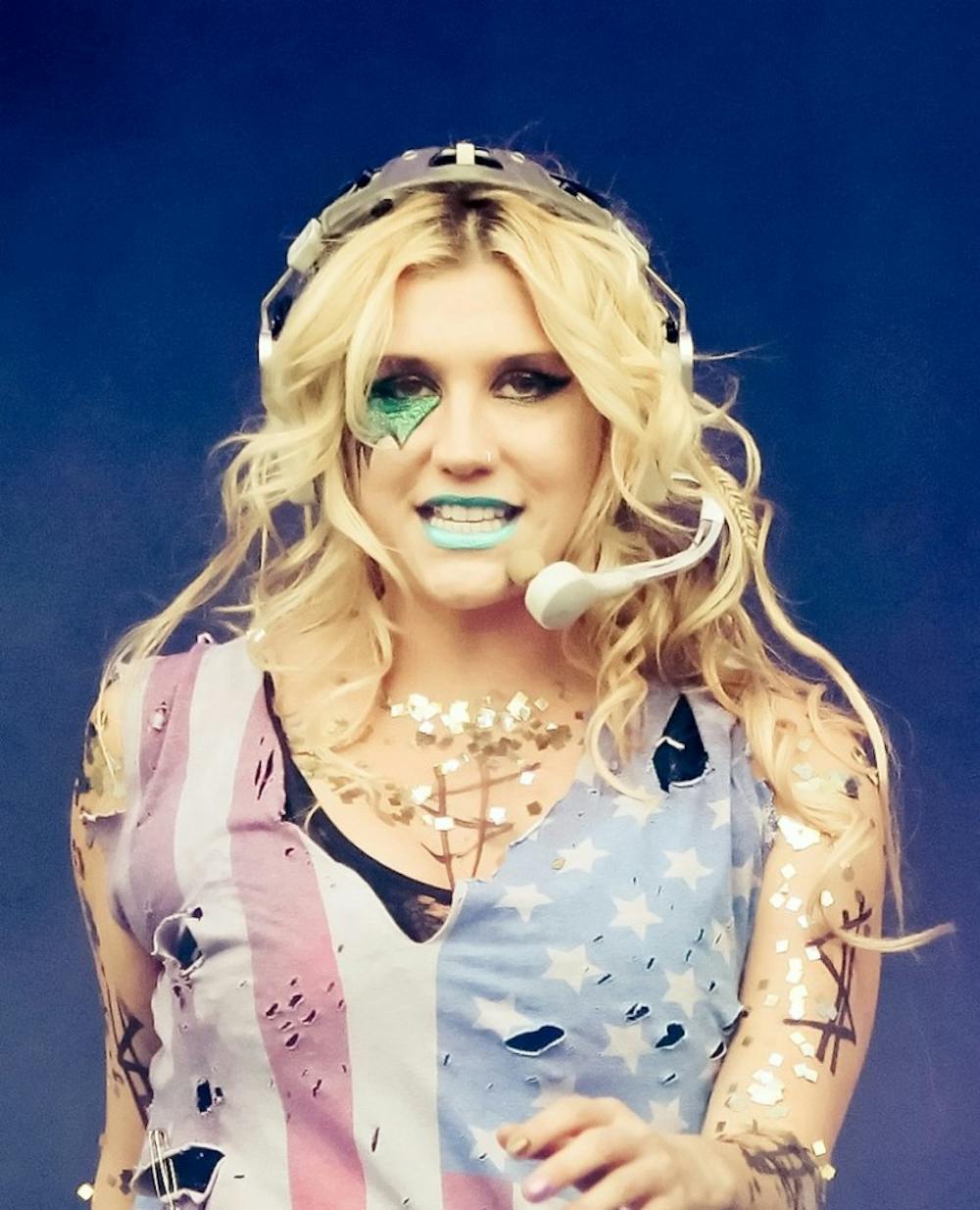On Feb. 19, musician Kesha Sebert’s attempt to get an injunction against her former producer Lukasz “Dr. Luke” Gottwald was denied. This was the event in Kesha’s ongoing legal battle with Dr. Luke as she attempts to sue the producer for alleged sexual assault, amongst other transgressions against her (including emotional distress). The case began with Kesha’s lawsuit in 2014.
Dr. Luke is a world-renowned producer who has worked with many of the hottest stars of the past decade, including Nicki Minaj, Rihanna, Pitbull and Juicy J. The lawsuit from Kesha comes after a 10-year working relationship between the two, including production on her hit sophomore album Warrior. The suit was later altered to include the parent company of Dr. Luke’s label, Sony Music Entertainment.
The injunction that Kesha filed would have allowed her to be released from her contractual obligations to Kemosabe Records (owned by Dr. Luke) and to release music independent of the label.
The court denied the injunction on Feb. 19, and the public outcry in the aftermath led to a flood of support from Kesha fans worldwide, as well as support from other musicians.
Perhaps the most high-profile endorsement of Kesha came from Taylor Swift, who donated $250,000 to Kesha after the injunction’s denial. The donation was criticized by former Disney starlet and current pop-star Demi Lovato, who noted the difference between supporting Kesha’s cause and supporting a change in American culture. Lovato’s criticism of Swift fell under harsh criticism from the general public.
Other stars to publicly voice their support include Best Coast (best known by their frontwoman, Bethany Cosentino), DC rapper Wale and most recently, Adele who publicly spoke about her support for Kesha during an acceptance speech for the BRIT Award for Best Female Solo Artist.
Following the large rally for support, Kesha wrote a post on Facebook in which she thanked her fans and sought to bring attention to other survivors of abuse.
The suit against Dr. Luke preluded a number of other incidents in which women in the music industry have spoken out against these injustices.
These included accusations against Heathcliff Berru earlier this year. Berru, publicist and former CEO of Life or Death PR & Management, was accused of sexual abuse by a number of musicians, including Bethany Cosentino, Amber Coffman (of experimental rock band The Dirty Projectors) and Beth Martinez (another publicist). After the announcement, several musicians dropped from the PR firm, and ultimately Berru resigned as the CEO of the company while also releasing a statement on the events.
The other headline event of this sort came in the past month when Larkin Grimm accused her former label head and collaborator, Michael Gira (frontman of experimental rock pioneer Swans) of sexually abusing her, then dropping her from his label. Gira denied these claims before releasing an official statement. In the aftermath of the statement, Grimm released a song for survivors of abuse titled, “I Don’t Believe.”
Overall, the landscape of music has shifted to the need for more awareness of sexual abuse, especially within the music industry. The amount of support that has poured out for each woman who has spoken about their own experiences has been strong.





